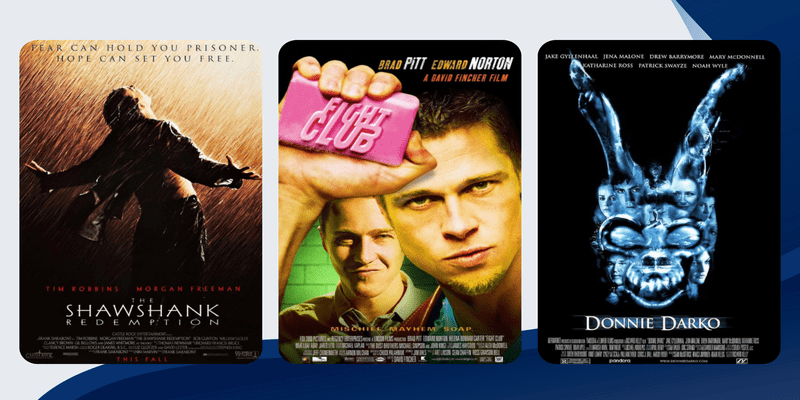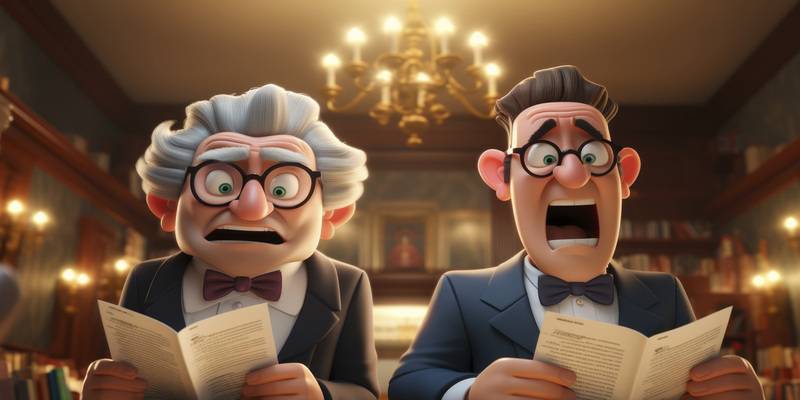Women off camera
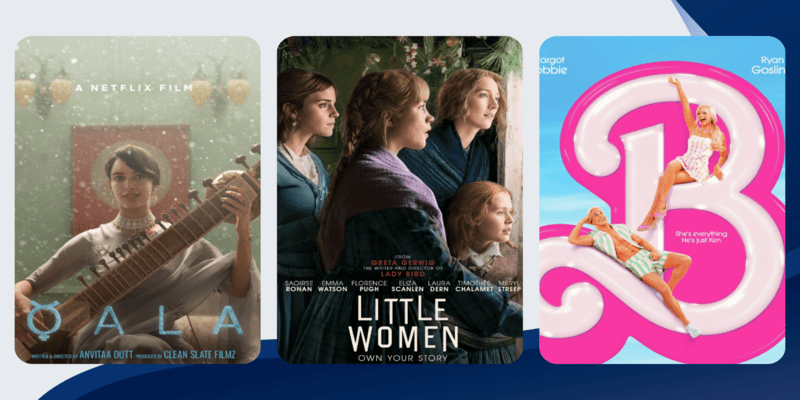
Is it safe to say that no one recognises a woman’s journey better than a fellow sister? In a world tainted by misogynistic ideas, everything a woman experiences is best understood by another woman. Bringing these stories to the world, for all, is now more important than ever. And, there is no better storytelling about a woman’s world than the one done by woman themselves.
Canadian film director and screenwriter Stella Meghie shares, “I cannot represent everything to everyone — and neither do I want to. I represent women like me when I’m at my best and writing honestly.” Time and again, women have proved to be pioneers in every field. In the show business, women have triumphed as icons. Be it on the front pages of fashion magazines or popular culture movies, women have been responsible for getting the sales high.
However, the camera’s gaze has often been blamed for depicting women as sexual objects of desire. In the narratives carved out by men, women have been presented as beautiful but brainless. The trope of the intelligent woman only lasts till the point she’s ugly. In order to be liked by the male protagonist, a woman has to look sexually desirable and conventionally attractive. Failing which, her value comes down. Most male protagonists are neglectful of a female’s intelligence and therefore feel insecure regarding it. Women, in turn, offer an upside-down standpoint that focuses on a softer gaze towards women and touches upon subjects that are often ignored.
To elucidate this point further, let’s have a look at five films by female directors that offer a changed perspective to the male gaze-directed camera.
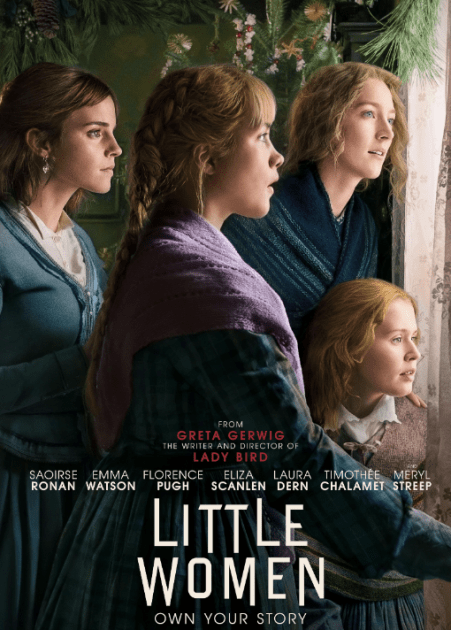
Little Women by Greta Gerwig
An adaption of the novel of the same name by Louisa May Alcott, this movie by American screenwriter Greta Gerwig is a coming-of-age period drama. Little Women faced criticism post its release in 2019. With little changes to the plot, Gerwig gave voice to the lead character Josephine March. After interpreting the narrative through a different perspective, she showcases a version that the author might have wanted to share. Despite the initial critiquing, the film did exceptionally well, grossing US$ 218.9 million in theatres worldwide.
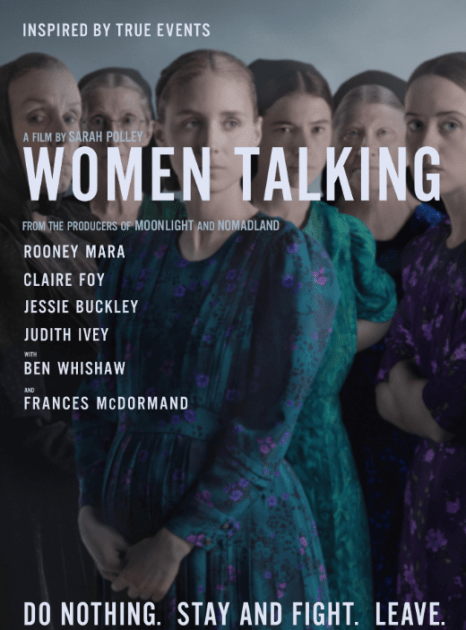
Women Talking by Sarah Polley
Canadian filmmaker and writer Sarah Polley’s film is based on newly established American colonies. It follows a group of American Mennonite women who discuss their future, following their discovery of men’s history of raping the colony’s women. Released in 2022, the movie is a democratic conversation between the women of the colony thinking whether to leave the colony or stay. The question might seem easy but they measure the grave consequences of both decisions. While staying might mean being subjected to continuous rounds of rape and a doomed future for their children, leaving isn’t a great option either as they do not know the world beyond their colony. After contemplation and voting, the women opt to leave the colony along with male children below the age of 13. The ending is an exodus of women, in hopes for a better future. Or at least, better than what they have in the colony. The film is only a conversation but reveals a lot about the unequal power equations that exist in a society.

A Death in The Gunj by Konkana Sen Sharma
Set in 1979 in McCluskieganj, Jharkhand, an old Anglo-Indian town, two men, Nandu and Brian, witness a dead body in the back of their car and discuss the next course of action. They then drive away with a third person, Shutu, who is sitting in the backseat of the car. The film then resumes with events from a week prior. Indian director Konkana Sen Sharma’s movie, which was released in 2016, explores the dynamics of ignored mental health in Indian homes. With an inverted gaze, the film targets Shutu, who ends up committing suicide after his father’s death. He is a largely ignored entity in the film, and his emotions are often meddled with. Sharma presents a non-masculine view of the male protagonist.
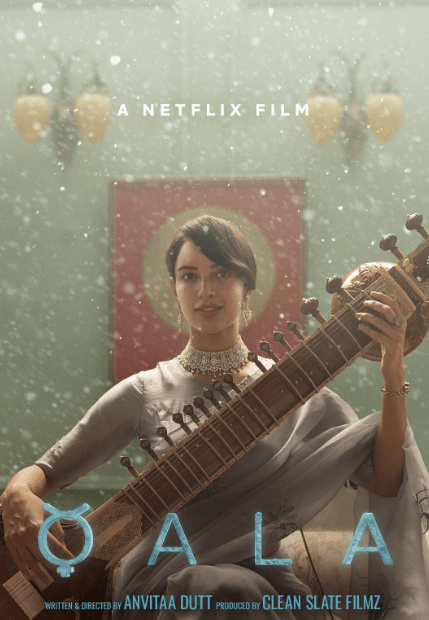
Qala by Anvita Dutt
A psychological drama by Indian filmmaker Anvita Dutt, Qala explores the dynamics of a troubled mother-daughter relationship. In the backdrop of a family known for its music, the mother of the family hopes to have a son to carry on her line of signing. Her dream, however, is shattered as the female twin becomes responsible for the death of the male twin at the time of birth. The girl grows up to be a trained singer and yet, is never enough for her mother. In the course of time, a male singer crosses the door of the family and is immensely loved by the mother. She treats him as her son. While he’s at the peak of his success, the female lead does something mindlessly to fiddle with his voice. In pursuit of gaining her mother’s recognition, she costs him his life. Engulfed by guilt, she lives the rest of her life considering herself responsible for his death. Dutt’s film explores the deep unexplored dynamics of mental health issues through magic realism.
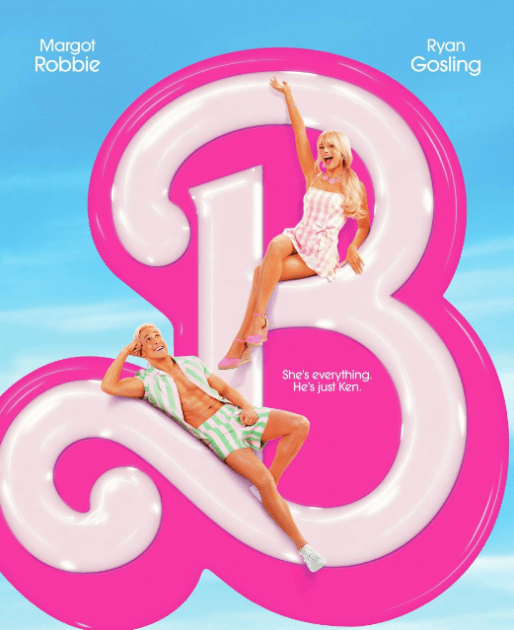
Barbie by Greta Gerwig
Based on the eponymous fashion dolls by Mattel, it is the first live-action Barbie film that has been released after various animation titles. Directed by Greta Gerwig, this fantasy-comedy was released in 2023. It stars Margot Robbie as the title character and Ryan Gosling as Ken. The film follows them on a journey of self-discovery through Barbie-land and the real world amid an existential crisis. Regarded as too ‘cliched’ and ‘girlie’ to watch, Barbie has been given the credits to uphold the values of femininity as no film has done before.



